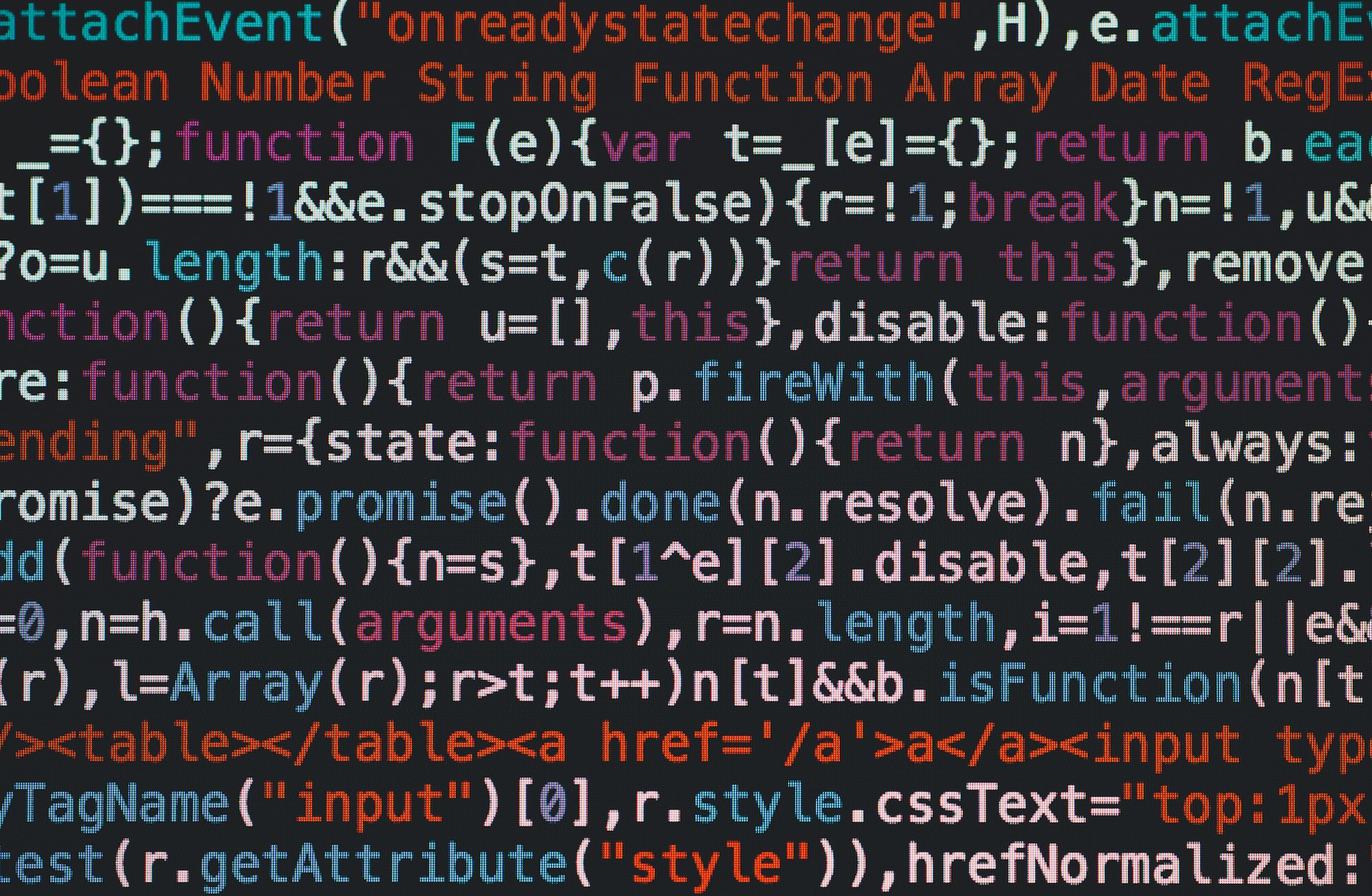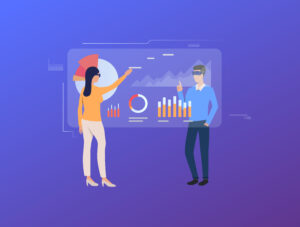Artificial intelligence (AI) is transforming our world, and chatbots and AI tools are at the forefront of this revolution. Learn more about the facts, latest trends and developments in AI, chatbots and AI tools, including:
- How AI is being used to improve customer service, healthcare, and other industries
- The different types of chatbots and AI tools available
- How to choose the right AI tools for your business
What is Artificial Intelligence (AI): Artificial Intelligence refers to the simulation of human intelligence in machines. It’s a branch of computer science aiming to create systems able to perform tasks that usually require human intelligence. These tasks include problem-solving, understanding natural language, recognizing patterns, and making decisions. AI systems are often designed to learn and adapt to new information or stimuli from their environment.
What is Chatbots: Chatbots are software applications designed to simulate human conversation. They can communicate with users via text, voice, or other mediums and are often used for customer service, information retrieval, or as virtual assistants. While many chatbots operate based on predefined rules, more advanced chatbots use machine learning to adapt and improve their responses over time.
What is AI Tools: AI tools are specific applications or software powered by artificial intelligence designed to assist or enhance specific tasks. These tools can range from predictive analytics software, image recognition services, voice assistants, or recommendation systems. They leverage AI techniques to automate, optimize, or augment human activities, often providing insights, efficiency, or capabilities beyond human capacity alone.
List of 51 facts about artificial intelligence, chatbots, and AI tools:
- Artificial Intelligence (AI) is the simulation of human intelligence processes by machines, particularly computer systems.
- The term “Artificial Intelligence” was coined in 1956 by John McCarthy.
- AI encompasses various subfields, including machine learning, natural language processing, computer vision, and robotics.
- Machine Learning is a subset of AI that enables systems to learn from data and improve their performance over time.
- Deep Learning is a type of machine learning that uses artificial neural networks to model and solve complex problems.
- AI algorithms can analyze vast amounts of data to identify patterns and make predictions.
- AI-driven recommendation systems, like those used by Netflix and Amazon, offer personalized suggestions based on user preferences.
- Natural Language Processing (NLP) enables machines to understand, interpret, and generate human language.
- Chatbots are AI-powered programs designed to simulate human conversation, often used for customer support and information retrieval.
- The Turing Test, proposed by Alan Turing, assesses a machine’s ability to exhibit intelligent behavior indistinguishable from a human’s.
- AI-powered virtual assistants, like Siri and Alexa, use NLP to respond to user commands and queries.
- AI tools can analyze medical images and help diagnose diseases, potentially improving accuracy and speed.
- AI-driven language translation tools like Google Translate have revolutionized cross-cultural communication.
- AI-powered robots are being developed for tasks ranging from manufacturing to healthcare and exploration.
- Reinforcement Learning is a type of machine learning where agents learn by interacting with an environment and receiving rewards.
- AI can assist in predicting and mitigating natural disasters by analyzing data patterns.
- AI algorithms can analyze social media data to identify trends, sentiments, and potential crises.
- AI-powered content generation tools can produce written articles, music, and art.
- Sentiment analysis AI can determine public opinion on various topics by analyzing social media posts and other online content.
- AI-driven autonomous vehicles are being developed to enhance road safety and efficiency.
- AI algorithms can detect credit card fraud by analyzing transaction patterns.
- The field of AI ethics explores the responsible development and deployment of AI technologies.
- Bias in AI algorithms can lead to unfair or discriminatory outcomes, highlighting the importance of ethical AI development.
- AI can predict equipment failures in industrial settings, optimizing maintenance schedules.
- AI-powered language models like GPT-3 can generate coherent and contextually relevant text.
- AI algorithms are used in financial trading to analyze market data and make predictions.
- AI-powered educational tools offer personalized learning experiences to students.
- AI is utilized in drug discovery, accelerating the identification of potential treatments.
- AI-driven chatbots offer immediate responses and resources in mental health support.
- Facial recognition technology, a subset of AI, is used for security and identification.
- AI algorithms can compose music and generate art, blurring the line between human and machine creativity.
- AI-powered agriculture tools can optimize crop yields by analyzing weather, soil conditions, and plant health data.
- AI-driven simulations aid in predicting and understanding the effects of climate change.
- AI can analyze patterns in patient data to assist in early disease detection and personalized treatment plans.
- Quantum AI combines AI and quantum computing to solve complex problems more efficiently.
- AI-powered chatbots are increasingly used in online marketing to engage customers and answer inquiries.
- AI transforms supply chain management by optimizing inventory, demand forecasting, and logistics.
- AI can enhance cybersecurity by detecting and preventing cyber threats in real time.
- AI-driven virtual reality and augmented reality experiences are reshaping entertainment and education.
- AI algorithms can identify fake news and disinformation by analyzing content sources and patterns.
- AI is used in sports analytics to analyze player performance and inform strategic decisions.
- AI tools enable real-time language translation, facilitating global communication.
- AI-driven speech recognition technology is used in voice assistants, transcription services, and more.
- AI is employed in wildlife conservation efforts, using data analysis to track animal populations and behaviours.
- AI-powered financial advisory services provide personalized investment recommendations.
- AI algorithms are used in drug development to predict the effectiveness of potential compounds.
- AI-powered chatbots offer 24/7 customer support, enhancing user experience for businesses.
- AI-driven personal assistants can manage schedules, reminders, and tasks for users.
- AI tools are used to analyze social media trends, aiding companies in shaping marketing strategies.
- AI is revolutionizing e-commerce by offering personalized product recommendations and improving user experiences.
- The field of AI continues to evolve, with ongoing research and innovations driving its advancement in various industries.
These facts only scratch the surface of the fascinating world of artificial intelligence, chatbots, and AI tools, showcasing their impact on technology, society, and how we live and work.



